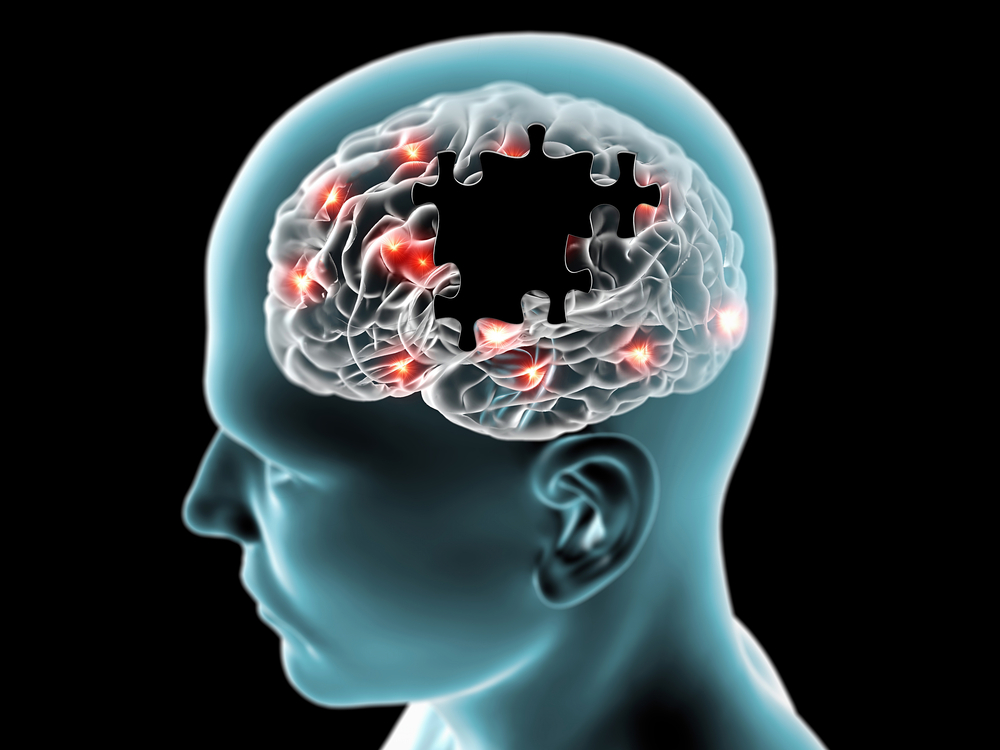Study Uncovers Link Between Main Culprit of Alzheimer’s Disease and Memory Loss

In a recent study published in the open access Nature Publishing Group journal Scientific Reports, Sussex Neuroscience researchers found a direct association between the main culprit of Alzheimer’s disease and memory loss.
Alzheimer’s disease is caused by the formation and accumulation of amyloid plaques in the tissue of the brain. Amyloid plaques are formed of an insoluble protein, called “Amyloid-beta” (Abeta), creating small structures called ‘oligomers’ that are key in the progression of the disease. However, little is known about how these proteins lead to memory loss in Alzheimer’s disease.
The research team led by Lenzie Ford examined how Abeta disturbed the healthy brains of pond snails (known as Lymnaea stagnates) by looking at the effect of the administration of the protein after a food-reward behavioral task.
The researchers observed that the pond snails that received Abeta had their memories significantly compromised 24 hours later when examined with a food task, even though there was no damage in the tissue of their brains.
According to Lenzie Ford, these results revealed that Abeta by itself can trigger the memory loss found in patients with Alzheimer’s disease.
She said in a recent news release, “what we observed was that snail brains remained apparently healthy even after the application of the protein. There was no loss of brain tissue, no signs of cell death, no changes in the normal behavior of the animals, and yet memory was lost. This shows that Alzheimer’s amyloid proteins don’t just affect memory by killing neurons of the brain, they seem to be targeting specific molecular pathways necessary for memories to be preserved.”
Professor George Kemenes, a pioneer researchers on the molecular mechanisms of memory and learning in the pond snail’s nervous system, said, “because we understand the memory pathways so well, the simple snail brain has provided the ideal model system to enable us to link the loss of established memory to pure Abeta.”
These results provide the basis for further research on the underlying mechanisms leading to memory loss.
Professor Serpell, a senior author on the study and co-director of the University of Sussex’s Dementia Research Group, concluded, “It is absolutely essential that we understand how Alzheimer’s disease develops in order to find specific targets for therapeutics to combat this disease.”






